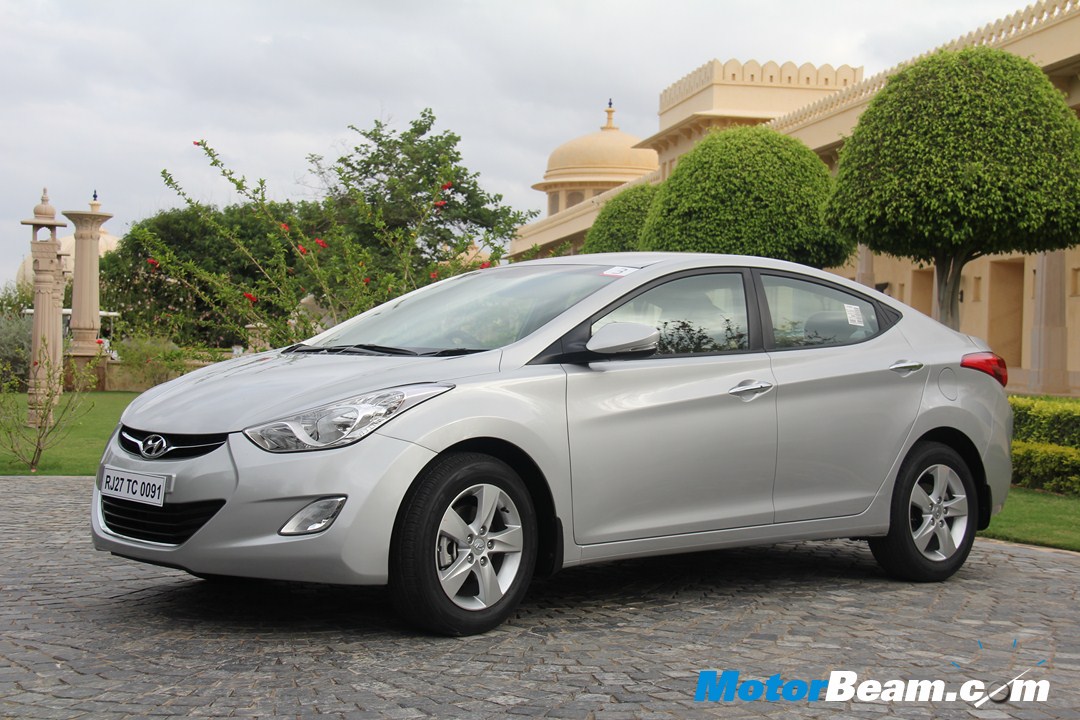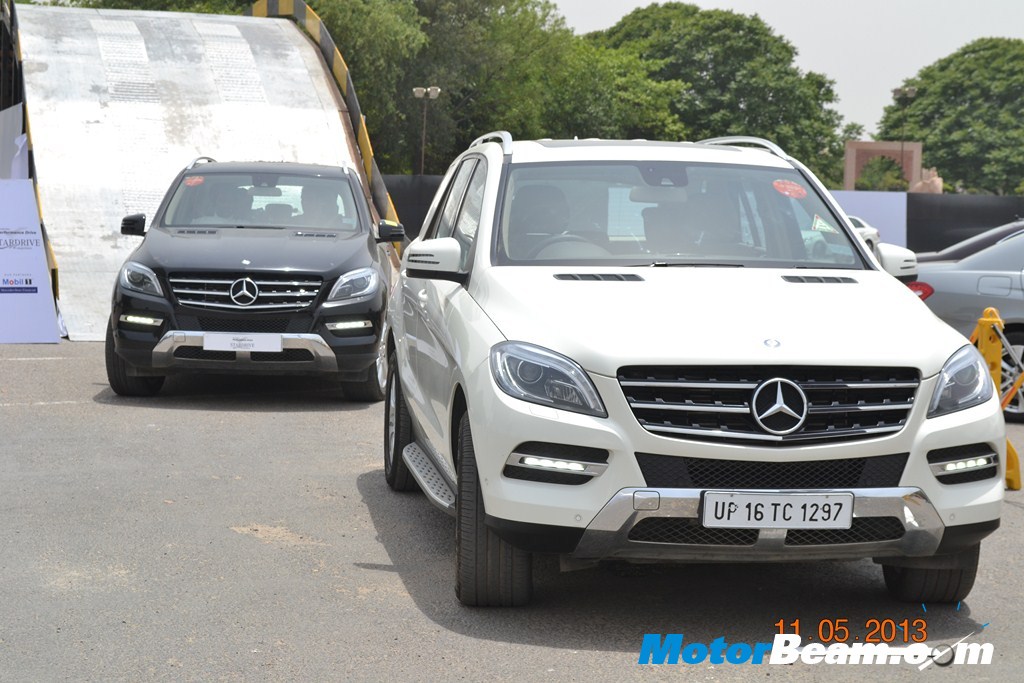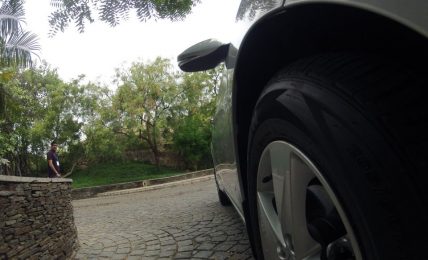The Government of India has decided upon a uniform road tax at six percent irrespective of any type of four-wheeler and two-wheeler. Road tax is a one time payment to be made by the buyer during the registration of the vehicle. This would mean anyone purchasing an expensive SUV will be paying the same amount of road tax a small car buyer would pay. This is a welcome move for those opting for expensive cars for their garage, but this would also mean two-wheeler buyers would end up paying slightly more to own a vehicle. But since it is a one-time payment there wouldn’t be much hue and cry about the inequality and the uniform rate scheme will be welcomed.
Currently, the cap for two-wheelers and cars upto Rs 4 lakhs varies between 4-6 percent whereas it ranges between 7-9 percent for bigger cars. One important justification given by the centre towards the uniform tax scheme is that people will now purchase vehicles from their home state itself. People purchasing expensive cars would previously do so from other states which have relatively lower tax rates compared to their home states. This lead to an imbalance of revenue for different states. But with the advent of this scheme, people will simply buy and register their car from their state itself and the above problem could be solved.
Even though the tax obtained from bigger cars would now drop by a small margin, it is still a win-win situation for the Government. The number of expensive cars registered every month is quite small as compared to the gain from the high two-wheeler sales in every state also capped at six percent road tax. The centre has also surfaced a proposal to increase the grace period to levy inter-state movement tax from one month to three months. This means that a car purchased from one state can be registered at another state and then pay the road tax to that respective state. These proposals wait for the grant from the states and would then be placed before the Transport Development Council for approval and implementation.






